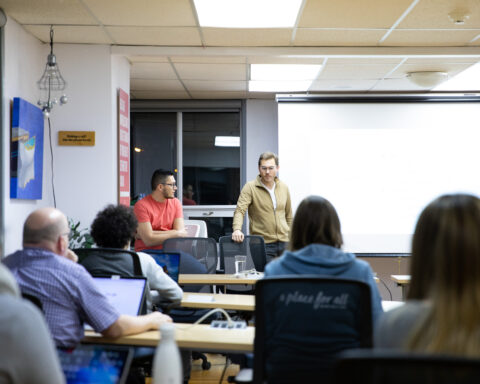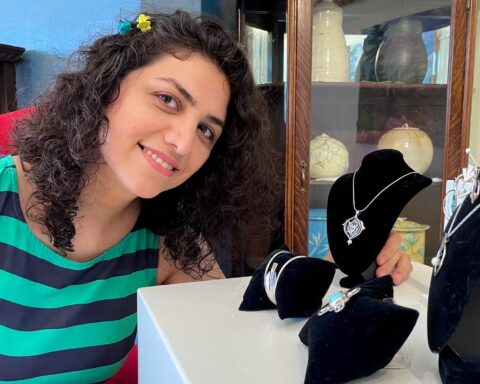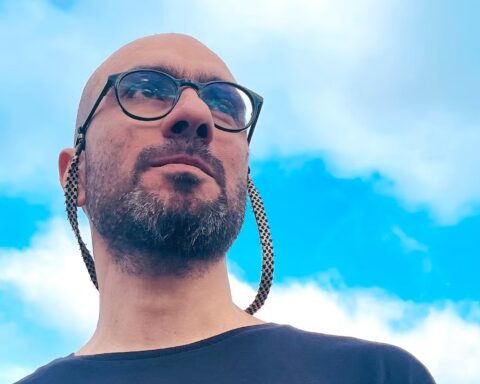I was standing in front of my suitcase and thought about what I had packed into it. I had one suitcase for my documents and their certified translations, as well as one suitcase for my clothes and other personal belongings.
Two suitcases for a person who wanted to move to another country and pursue Ph.D. studies. A person who had lived 32 years in her home country and had a history in that place.
I assumed that the most important things that I could carry with me were the documents that spoke to my education and work history.
All the important documents that I gathered in my life were in a suitcase. They included my certificates, recommendation letters, writing samples, medical documents, especially those of my daughter, and the identity documents of my three-member-family: my husband, my daughter, and I.
I also had to pack up the university documents as I wanted to pursue my study and they were required in order to register in the program. So I put my Master’s and Bachelor’s degrees as well as my transcripts in the suitcase.
I prepared all the documents and certified translations of my bank accounts, even going as far as including the deed to my apartment in Tehran.
With all of my documents piled into in one suitcase, the thought struck me: “Is this really all I have gained in my life?”
How could I prove myself to the people who neither know me nor my country?
Would Canada recognize my documents?
So I packed everything and moved to Canada.
Foreign credentials
Following registration, the start of the program revealed that most of the newly admitted Ph.D. students would be required to enroll in some of the foundational courses from the Master’s program due to their foreign credentials. The move signified that their foreign Master’s degrees were not fully recognized.
The documents that illustrated what I had been doing professionally were not useful at all either. After surfing the Internet and talking to many people who had been living in Canada for many years, I learned that without “Canadian work experience” it would be difficult to find a good job.
So none of my documents were really useful. No one knew me, the universities that I got my degrees from, and the companies that I had worked for. So what was the point of carrying all these documents?
It was a heart-breaking moment. I moved to Canada in the hopes of being able to do what I was good at, could do well and was the dream of all my life, but Canada did not recognize my credentials.
The surprising part of the story was that the government had assessed and accepted me based on these same documents. The university had accepted that I studied for at least 17 years – but still did not give me full credit for Master”s degree. The job market discounted my credentials even further.
The Canadian job market cared not about what I had done but what I was going to do in Canada. It seemed to me that Canada needed talented and hardworking people and granted them admission to Canada under different visa programs based on their achievements in their home country. But after moving in, Canada wanted to educate them based on the skills that were needed in the country, and making them ready for their own job market.
Starting afresh
It was at this moment that I realized that all I had to bring to Canada was a prepared me: A person who knew what was waiting for her in this moving process, a person who was ready to embrace the new situation and ready to learn new things, a person who wished to start afresh as she contemplated that a brighter future would eventually come, and a person who did not become disappointed from the hardships along the way.
After I moved to Canada and witnessed the reality, I decided not to rely too much on my achievements and experiences in Iran. I decided to be eager to learn new things and routines in the hope that hard work will eventually pay off.
I was ready to make a new beginning without my documents and titles, so I could write a new life story.
This piece is part of a mini-series within New Canadian Media’s Mentorship Program. The writer was mentored by Alireza Ahmadian.
Mona Mashhadi Rajabi holds a Master’s degree in economics. As a business journalist living in Tehran, she has written for publications such as Donyay-e-eghtesad, Tejarat-e-farda, Jahan-e-sanat and Ireconomy.




